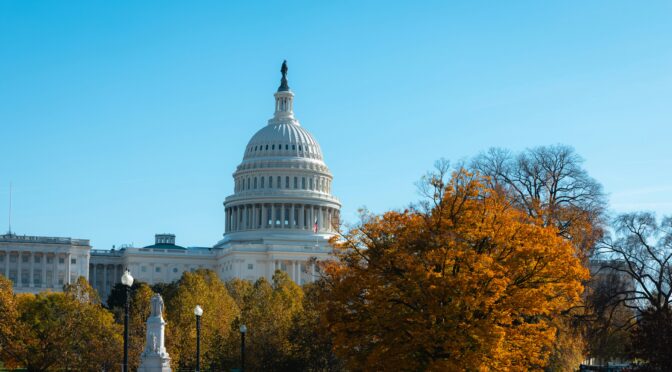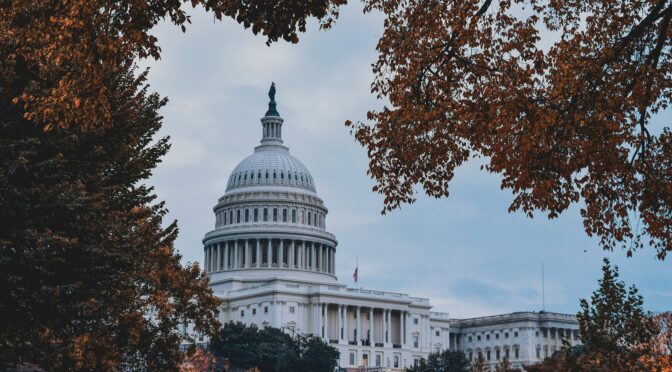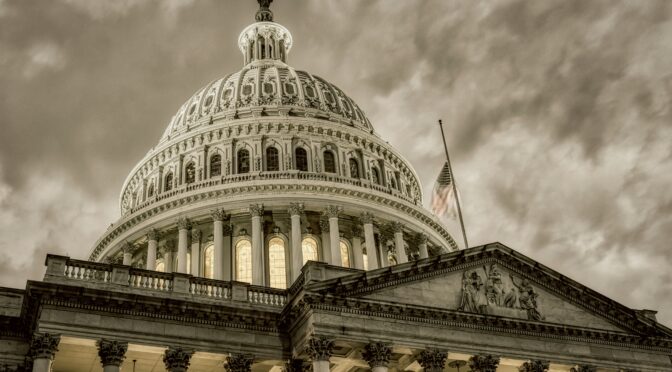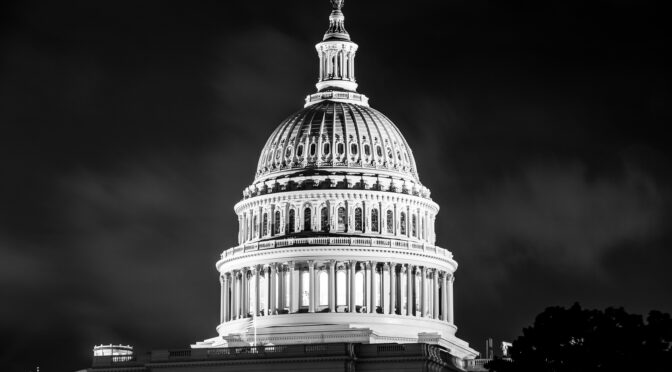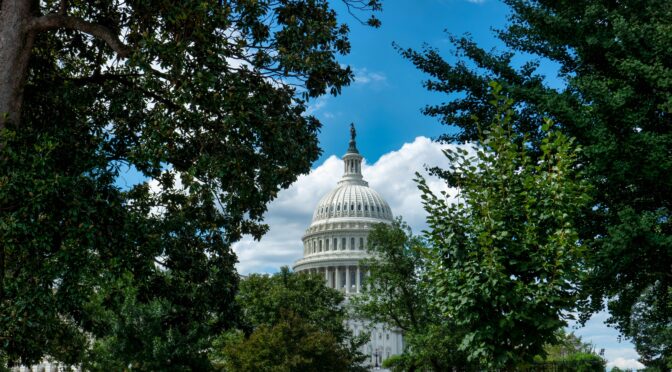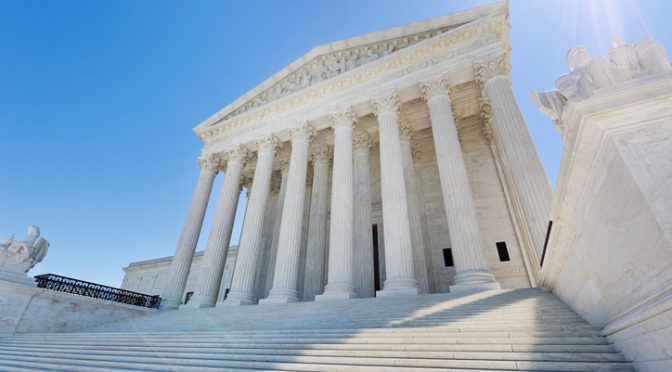By Sean Robins, NACAC’s director of advocacy
Welcome to this issue of the Advocacy Update on NACAC’s Admitted blog. This week’s policy developments underscore the intense pressures facing higher education and federal oversight, from shutdown-related layoffs to new proposals that challenge institutional autonomy and access for students. At the same time, we are seeing colleges, states, and advocates step up to defend students, protect equity, and preserve academic freedom. Even in the midst of disruption, these actions highlight the resilience of the education community and the impact of organized advocacy in shaping policy outcomes.
Policy & Legislative Updates
The Trump administration’s latest actions have intensified tensions across the education landscape, with colleges, advocates, and policymakers responding to a series of escalating developments affecting students, institutions, and federal oversight.
The administration turned its attention to undocumented student supports, directing the Education Department to investigate the University of Nevada, Reno’s UndocuPack program. The Justice Department claimed the university may have used taxpayer funds to “assist illegal immigrants,” while university president Brian Sandoval, a former Republican governor, strongly defended the initiative as lawful and fully state-funded. Advocates warn that the probe could serve as a “test case” aimed at deterring other campuses from offering services to undocumented students.
At the same time, the Trump administration introduced a proposed Compact for Academic Excellence in Higher Education, which ties new federal funding opportunities to institutional commitments around admissions, hiring, and “viewpoint diversity.” The proposal drew immediate skepticism from higher education leaders, who voiced concerns about threats to academic freedom and institutional independence. Faculty senates and professional organizations have urged colleges to reject the compact outright, calling it an attempt to restrict academic freedom, politicize research, and constrain inquiry. MIT became the first to formally decline, stating that federal funding should be merit-based, not politically conditioned. Following MIT’s rejection, the administration expanded the offer to all colleges and universities nationwide, prompting further backlash.
Brown University soon joined MIT in rejecting the compact, emphasizing the importance of protecting academic integrity and freedom from political interference. The University of Pennsylvania also added its voice, announcing that Penn would also decline to sign. Additionally, the University of Southern California has declined to sign, indicating that over time the Compact would “undermine the same values of free inquiry and academic excellence that the Compact seeks to promote.”
As higher education leaders push back on these ideological initiatives, the administration’s budgetary and personnel decisions have deepened instability across the federal workforce and at the U.S. Department of Education. Nearly 500 Education Department employees were laid off, among an estimated 4,200 individuals, in a new wave of cuts during the ongoing government shutdown — following an earlier round that had already reduced staff by half. The latest layoffs hit hardest in the Offices of Elementary and Secondary Education, Special Education, and Civil Rights, leaving some divisions with only a handful of staff. Unions and advocacy groups have filed lawsuits alleging the reductions are unlawful attempts to dismantle the department. Although the Supreme Court allowed the first round of cuts to proceed, a federal judge recently halted the most recent layoffs, calling them “likely illegal.”
The government shutdown has now stretched into its third week, leaving thousands of federal employees without pay and disrupting core services nationwide. Education programs and enforcement activities have been significantly affected, with the department’s capacity to administer grants, enforce civil rights protections, and support students with disabilities severely diminished. The shutdown’s ripple effects are being felt nationwide: food assistance programs like WIC are nearing exhaustion, federal workers are missing paychecks, and key education, housing, and fair housing offices have been gutted. Meanwhile, essential services like air traffic control and the military continue to operate — some without pay — as uncertainty deepens across the country.
Amid the federal uncertainty, several state and institutional efforts are moving in the opposite direction — advancing access and equity even as national policies sow disruption. California enacted a new law establishing direct admission to Cal State universities for eligible high school seniors — a policy designed to remove barriers and increase college enrollment among underserved students. In another key development, the Hispanic Association of Colleges and Universities (HACU) and LatinoJustice PRLDEF have been granted permission to intervene in a federal lawsuit to defend the Hispanic-Serving Institutions (HSI) program, ensuring that the interests of HSIs and their students are represented in court. Their involvement comes as congressional Republicans urge Education Secretary Linda McMahon to restore more than $450 million in funding for HSIs after the department deemed the programs unconstitutional.
Finally, the Education Department has again postponed its semiannual NACIQI meeting, now scheduled for December 16, following months of shutdown-related disruptions. The delay will postpone critical accreditation reviews and new appointments, raising concerns about an expanding backlog and further uncertainty in federal oversight.
NACAC Advocacy
This week, NACAC joined national coalitions in two major advocacy efforts to safeguard students and uphold sound federal policymaking.
NACAC signed a letter with 35 organizations urging the Education Department to pause and revise its proposed Admissions and Consumer Transparency Supplement (ACTS) to IPEDS. The coalition, led by the Postsecondary Data Collaborative, warned that the proposal’s scope, speed, and lack of vetting would compromise data quality and impose excessive reporting burdens on institutions. The letter recommends narrowing the initial rollout to undergraduate data, delaying retrospective and graduate data collection, and reinstating technical assistance and staffing at NCES to preserve the integrity of federal education data.
NACAC also joined a broad alliance of disability, civil rights, and education organizations in condemning the Trump administration’s sweeping layoffs at the Education Department. The reductions have severely weakened key offices — Special Education Programs, Civil Rights, and Elementary and Secondary Education — undermining enforcement of IDEA, Section 504, and other laws that safeguard the rights of students with disabilities. As the nation marks the 50th anniversary of IDEA, the coalition is urging the administration and Congress to restore staffing and transparency, emphasizing that protecting students with disabilities remains both a legal and moral obligation.
Ways You Can Take Action
We are continuously updating our Take Action page with opportunities to make your voice heard. If you have not already, I encourage you to advocate on the urgent issues below. You can also view all active advocacy campaigns in the yellow column of the Take Action page.
- Tell Congress: Save TRIO and Support College Access
- Tell Congress: Prioritize Visa Appointments for International Students and Scholars
- Urge Congress to Protect Postsecondary Pathways
- Tell Congress: International Students are Essential to America’s Safety, Economy, and Global Strength
- Tell Congress to Not Abandon Our National Commitment to Education
- Urge Congress to Protect Disabled Students
- Don’t Flunk the Future Advocacy Toolkit
As NACAC and our partners continue to engage on these urgent issues, it’s clear that our collective voice can make a difference in safeguarding students and advancing equitable access to education. As Paulo Coelho reminds us, “When we strive to become better than we are, everything around us becomes better too.”
Our advocacy work is a testament to that principle — by taking action to protect students, support college access, and defend equity, we are helping shape a stronger, more just education system for all.

